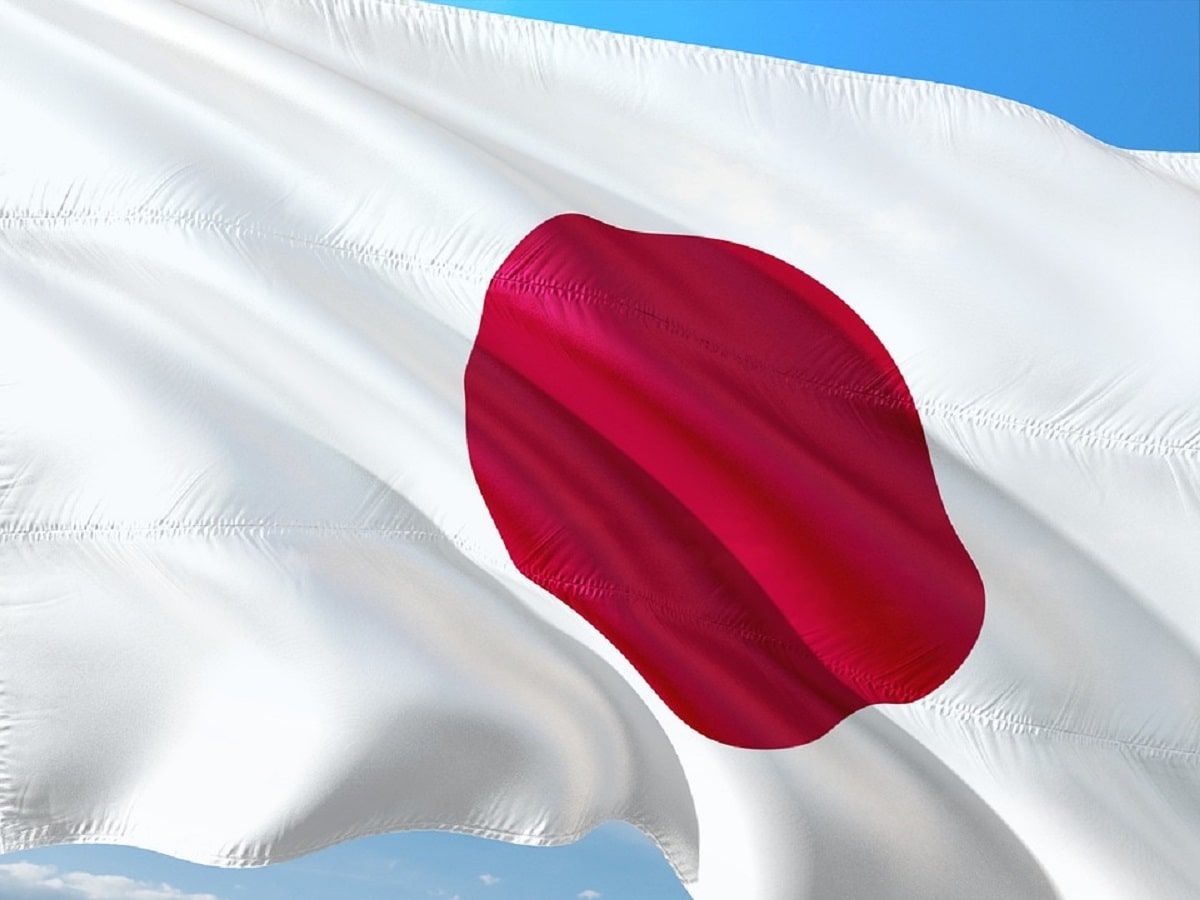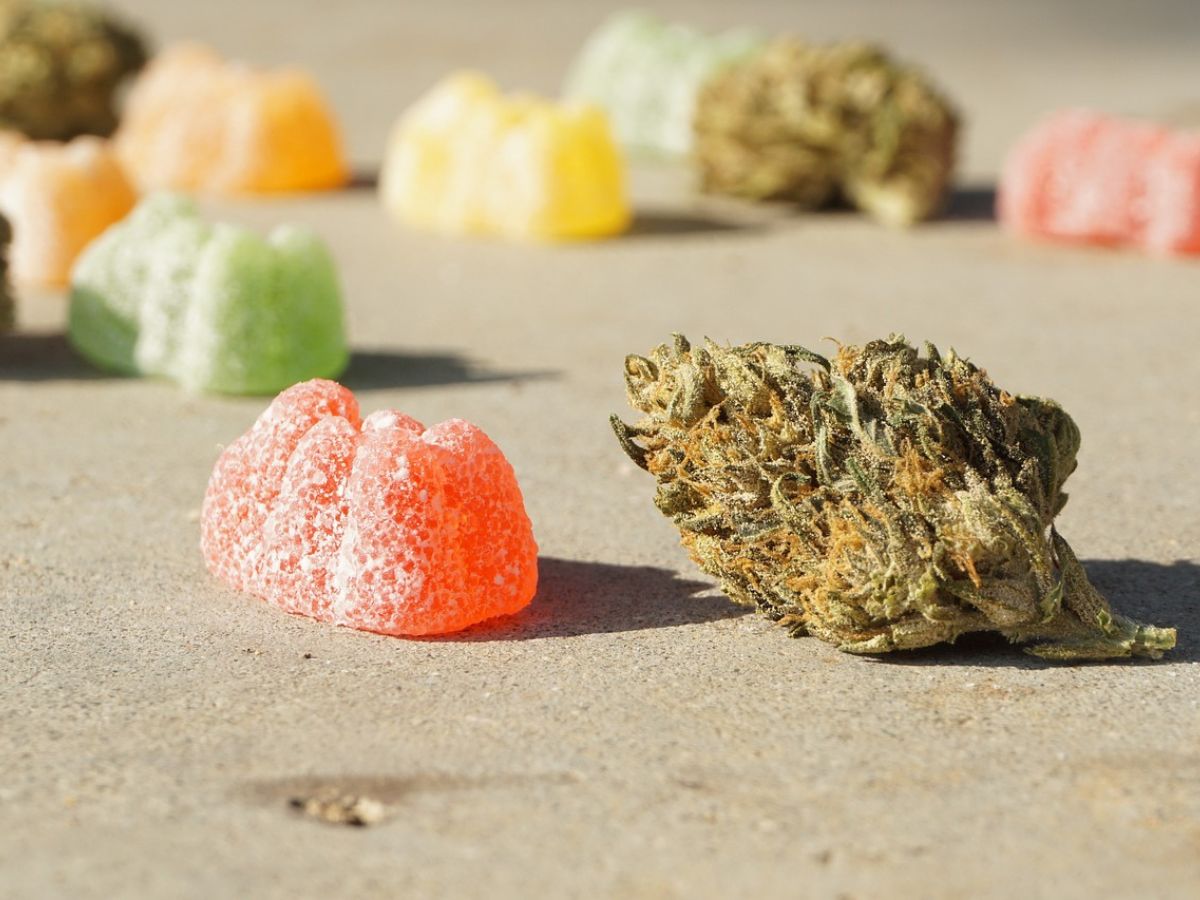
Japanese Study Refutes Cannabis ‘Gateway Drug’ Theory

Japanese Study Refutes Cannabis ‘Gateway Drug’ Theory
When it comes to cannabis opponent talking points, the ‘cannabis is a gateway drug’ talking point may be the most popular one of all time. Cannabis opponents have frequently claimed that cannabis use will lead to the use of more harmful substances, going back to the reefer madness era.
The cannabis gateway drug theory went unquestioned for a long time. However, it has become the focus of a growing amount of peer-reviewed research in recent decades, including in Japan, where a team of investigators examined relevant data to test the theory.
A team of researchers affiliated with several health and academic institutions in Japan conducted an analysis of nationwide survey results that asked about substance use. The researchers’ findings were published in the journal Neuropsychopharmacology Reports.
“In Japan, cannabis is frequently labeled a “gateway drug,” yet strong causal evidence for progression to other substances is limited. This study investigates whether cannabis acts as a gateway drug among Japanese users.” the researchers stated about the focus of their effort.
An anonymous online survey was conducted in Japan in January 2021 involving 3900 individuals who reported their lifetime cannabis use. The survey of Japanese residents “gathered data on demographics, cannabis and other substance use history, order of substance initiation, psychiatric background, and criminal records.”
“A Sankey diagram visualized substance use progression, and odds ratios were calculated to assess the likelihood of using other substances following cannabis use.” the researchers stated about their methodology.
“Tobacco and alcohol were the most common initial substances, while cannabis was typically the third. Odds for subsequent use of alcohol, tobacco, methamphetamine, and other illicit drugs after cannabis use were 1.25, 0.77, 0.08, and 0.78, respectively, suggesting low probabilities of progression. Nearly half of those who reported cannabis as their third drug did not use other substances afterward.” the researchers determined.
“These findings challenge the gateway hypothesis in the Japanese context. Shared vulnerabilities and strict drug policies may shape these patterns. Further research is warranted to explore the impact of legal changes on drug use behavior.” the researchers concluded.
The recent study results in Japan build on research in other jurisdictions around the globe that have also arrived at similar conclusions. The misuse of household products and pharmaceutical medications is also often found to precede cannabis use, and whether someone decides to use more harmful substances after using cannabis is due to many factors and not due to the subject simply having tried cannabis.
Share article


Share article
Join Our Awesome Community
Join Our Awesome Community
Join Our Awesome
Community
Get all the latest industry news
delivered to your inbox







